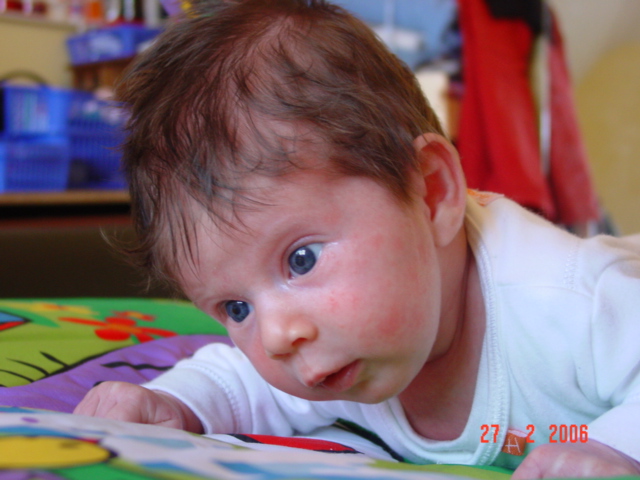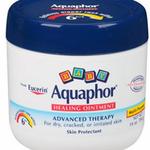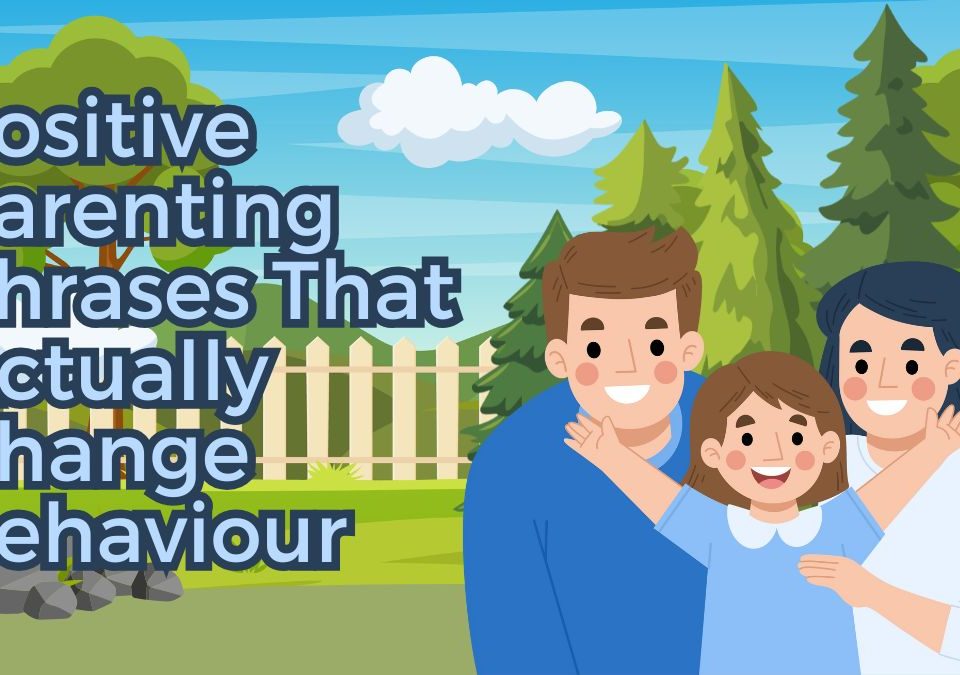
16 Fantastic Sanity Saving Toddler Activities at Home

11 Great Reasons Children Should Do Chores

Having a baby takes a lot out of you. It is not just the physical exertion of dealing with a newborn, but also the mental and emotional tolls that are the challenge. Mentally, you are having to learn as you go, mostly through trial and error, how to soothe your little one and keep him happy.
As every baby is a unique little personality, it doesn’t get much easier with second or third children either. The emotional part of being a new mum may possibly be the worst for some. Not only are you a hormonal wreck, but your newborn’s crying is biologically designed to cause a response in you that is beyond your control.
Advice for Helping Stop Scratching
Not only does a baby cry when he wants a fresh nappy or a feed but sometimes his cries mean he is uncomfortable or in pain. These are the worst because we can feel the clock ticking as we desperately try to figure out what is wrong with our baby. As babies grow, they become quite good at gesturing and then making sounds we recognise. But it is the newborn phase that worries us the most as they seem so tiny and vulnerable, and completely dependent on us.
Baby’s skin is incredibly fragile but is also full of strange sensations that can upset your baby. Drafts, heat, liquid and fur can all overload a baby’s senses. A lot of babies enjoy feeling all these different sensations, but some start to react by scratching. With such fragile skin, the scratching can cause damage that then will itch even more. This cycle of scratching needs to be stopped immediately to prevent further damage and potential infection.
There are several things you can do to stop scratching. Some mums like to swaddle their little ones while others try distraction techniques like games of peekaboo. Ensuring that their nails are kept short and that all sharp bits are buffed away is a super way of helping prevent accidental scratches. ScratchSleeves and scratch mitts can be very helpful too, and enable a full range of mobility at the same time. Also, consider topical ointments and creams or bath oils to soothe sensitive skin. If you are worried your baby’s skin has become particularly sore, speak to your pharmacist, the clinic, or visit your GP for further advice.
Over time, scratching can become a habit for your little one, so it ideally needs to be nipped in the bud quickly. Some children scratch as a self-soothing mechanism. Others do it unconsciously because they have always done it. While it is unlikely to cause any harm, red scratch marks on a child’s body could also lead to some questioning from your other caregivers, so try to let them know if your children are habitual scratchers to ease their worries.
Looking after kids can be hard enough without them picking up funny habits. Scratching is nature’s way of encouraging you to remove an irritant from the skin but, like thumb sucking, it can lead to a habit that may cause lasting problems. For very fragile skin, like that of a newborn, scratching can lead to infection, so must be treated if possible. If nothing else, it will give you one less thing to worry about.
Helping your baby to stop scratching is an important task for parents, as it not only prevents potential skin damage but also provides relief from discomfort.
Create a wishlist for your baby here!
Here are some tips to help you address this issue:
- Keep their nails trimmed: Regularly trim your baby’s nails to minimize the damage caused by scratching. Use baby-safe nail clippers or a soft nail file, and take extra care not to cut too close to the skin.
- Use protective clothing: Dress your baby in loose-fitting, lightweight clothing made of breathable fabrics. Cover their hands with soft cotton mittens or socks to prevent direct contact with the skin and reduce the likelihood of scratching.
- Keep the skin moisturized: Dry skin can lead to itching, so make sure to keep your baby’s skin moisturized. Use gentle, fragrance-free moisturizers or natural oils suitable for babies. Apply them regularly, especially after bathing, to lock in moisture.
- Identify and address triggers: Pay attention to any specific triggers that may be causing your baby to scratch, such as certain fabrics, allergens, or irritants. Try to eliminate or minimize exposure to these triggers to reduce the urge to scratch.
- Distract and Engage: Provide alternative activities or toys to divert your baby’s attention away from scratching. Engage them in interactive play or introduce soothing sounds or music to help redirect their focus.
- Keep the environment cool and comfortable: Ensure that your baby’s room is at a comfortable temperature and well-ventilated. Use lightweight, breathable bedding and clothing to prevent overheating, which can contribute to itching and irritation.
- Consult a healthcare professional: If your baby’s scratching persists or is accompanied by other concerning symptoms like rash, redness, or signs of infection, it is important to consult a healthcare professional. They can assess the underlying cause and provide appropriate guidance or treatment.
Remember, babies, may scratch due to various reasons, such as dry skin, eczema, allergies, or teething. By taking proactive measures and providing a soothing environment, you can help your baby find relief from itching and minimize the impact of scratching on their delicate skin.
Related articles across the web

I am a preschool and primary school teacher and mum to 3 children. I have been involved in education since 1997 and have trained in a variety of educational specialist areas. It is with this expertise that I write articles to help parents and educators provide quality learning experiences for the children in their care.






